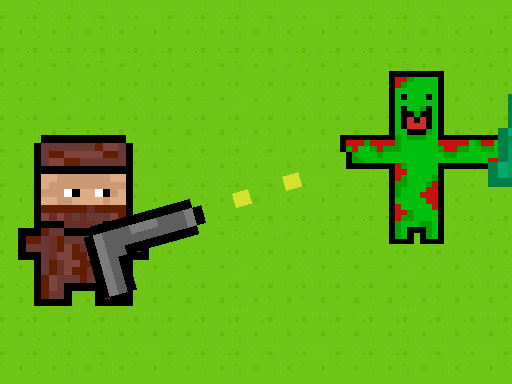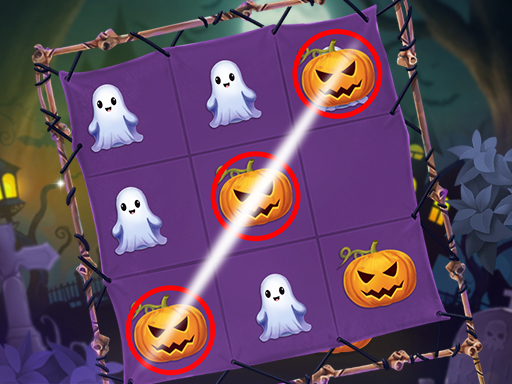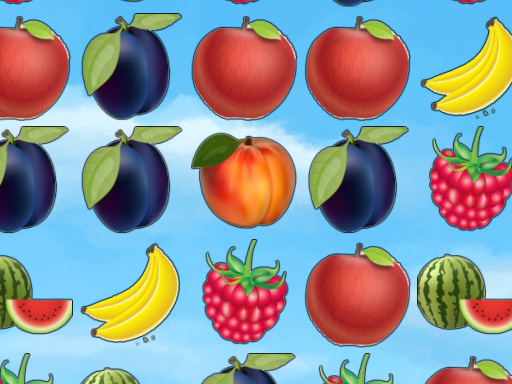HTML5 game development has become an increasingly popular way for creators to monetize their work. With games accessible across multiple platforms without the need for downloads, developers have found several ways to generate revenue. Here are the most common monetization methods used by HTML5 game developers.
1. Advertising Revenue
One of the most common ways developers make money is through in-game advertisements. These ads come in different formats:
- Banner Ads: Displayed at the top or bottom of the game screen.
- Interstitial Ads: Full-screen ads that appear between levels or game sessions.
- Rewarded Ads: Players voluntarily watch ads in exchange for in-game rewards like extra lives or bonuses.
2. In-App Purchases & Microtransactions
Even though HTML5 games run in browsers, developers can integrate in-game purchases, such as:
- Virtual currency for buying in-game items.
- Cosmetic upgrades like skins, themes, and character outfits.
- Premium versions of the game that remove ads or unlock extra content.
3. Game Sponsorships & Licensing
Developers can earn money by selling exclusive or non-exclusive rights to their games.
- Exclusive licensing: A game is sold to a single publisher for a one-time payment.
- Non-exclusive licensing: Developers sell their game to multiple publishers while retaining ownership.
- Sponsorship deals: A brand sponsors a game in exchange for advertising within it.
4. Subscription-Based Models
Some platforms offer premium HTML5 game subscriptions where users pay a monthly fee for access to an ad-free experience or exclusive games. Developers earn a share of the subscription revenue based on player engagement.
5. Crowdfunding & Donations
Independent developers sometimes use crowdfunding platforms like Patreon or Ko-Fi to receive support from fans. Some also accept direct donations from players who enjoy their work.
6. HTML5 Game Portals & Revenue Share
Developers can publish their games on popular HTML5 gaming portals like Kongregate, CrazyGames, and Poki, which share ad revenue based on traffic and player engagement.
7. Selling Source Code & Game Templates
Experienced developers can sell game templates and source code to other developers on platforms like Codecanyon or Itch.io, allowing others to customize and launch their own versions of the game.
8. White-Label Game Development
Some businesses commission HTML5 developers to create custom games branded with their company’s logo and theme for marketing or training purposes.
Conclusion
HTML5 game developers have multiple ways to generate income, from ad revenue to direct sales and sponsorships. By combining these strategies, they can maximize earnings while providing engaging browser-based gaming experiences.




















